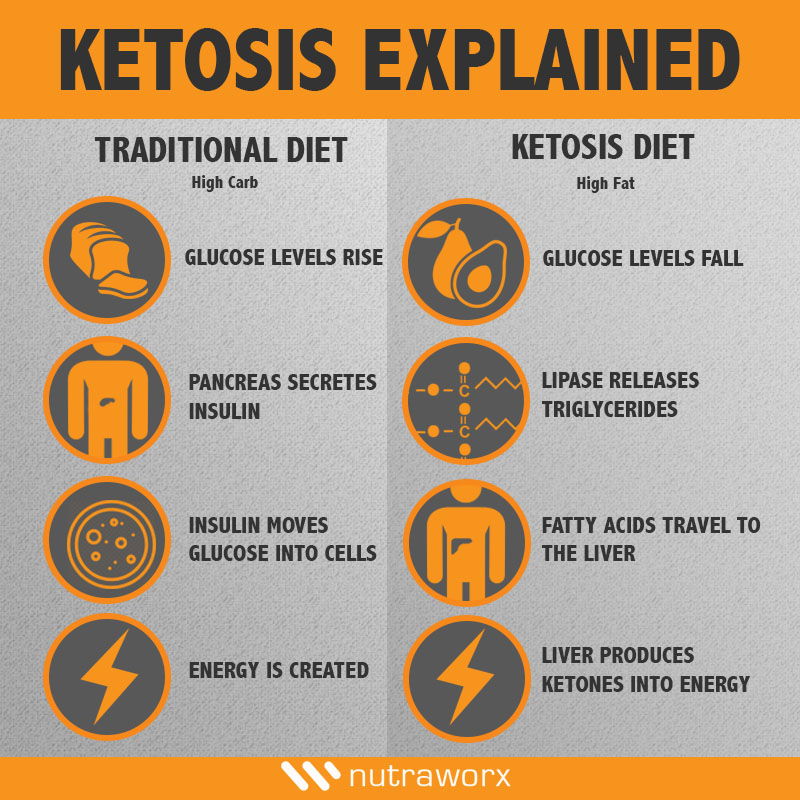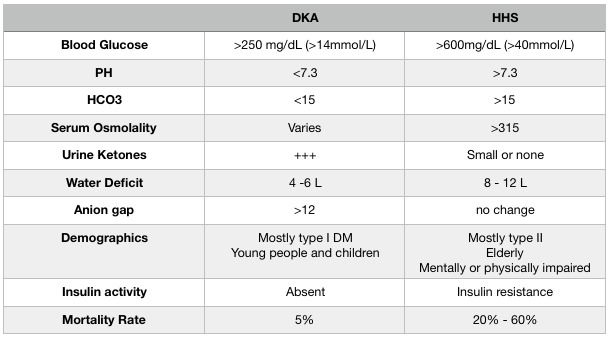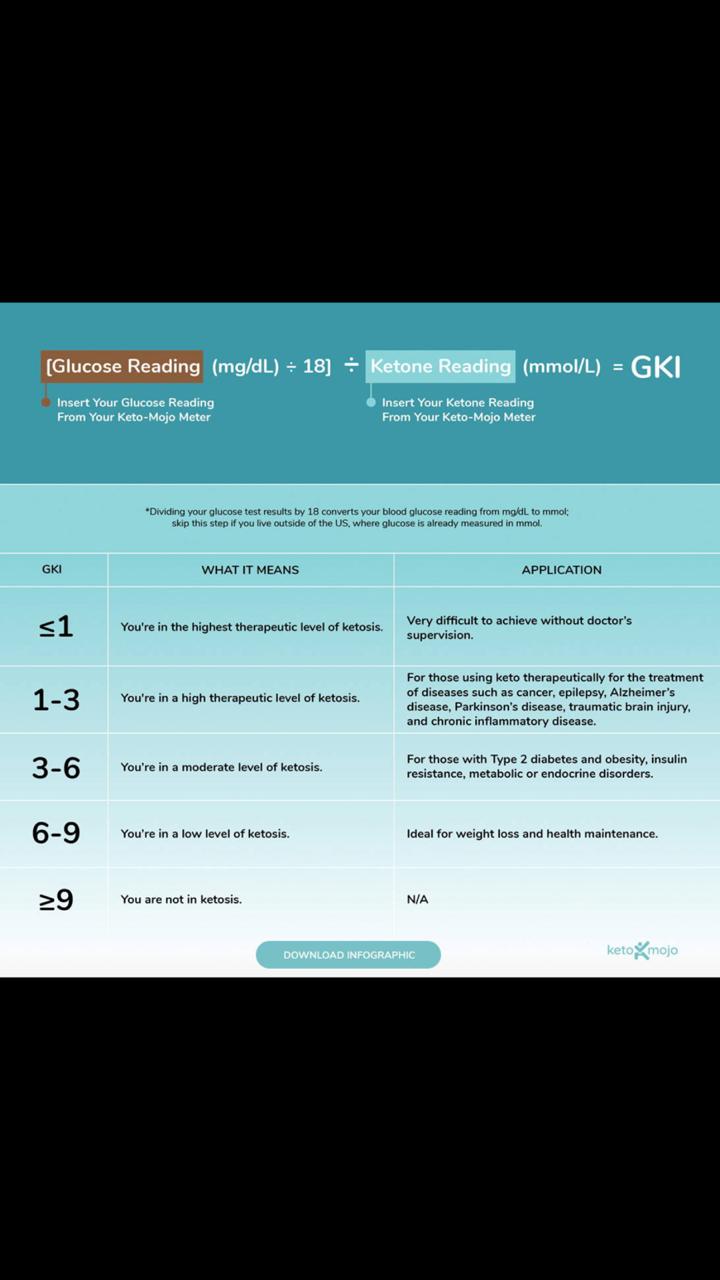Ketosis and ketoacidosis
 ketones are natural products could be found in all people : diabetic and non diabetic ;however elevated level of ketones are harmful and may turn the blood into acidic nature which is unsuitable media for many essential reaction processes .
ketones are natural products could be found in all people : diabetic and non diabetic ;however elevated level of ketones are harmful and may turn the blood into acidic nature which is unsuitable media for many essential reaction processes .
ketones are by product of fat burning,used instead of normal glucose , if the latter cannot be utilized by the cells as energy source .
however, the problem requires closer attention when insulin is not sufficient ; glucose will remain in the blood and look for an exit through kidney where it will be excreted along with water as a result dehydration may develop (Dr.steven :sugar surfing book) in addition to electrolyte disturbances.
This why ketones may rise in the blood before it appears in the urine so its figuring out in the blood seems more precise !!
usually,if blood glucose is >= 250 mg/dl or 13.9 mmol/L ,its recommended to check for ketones
* person with DKA may feel nauseated , could develop to vomiting if not treated ,stomach pain but ketones are not the real/only cause of that...
in addition to ketones, prostaglandins are result of fat burning; those chemicals play an important role in inducing those symptoms !!
but we cannot measure those chemical in blood ,accordingly only ketones can be tested so other symptoms will be linked to it-apparently-
Do not blame ketones -only-for anything associated with DKA!! ketones -sometimes- are innocent .
Ketosis -on the other hand -are logical consequence of low carbohydrate diet-which forces body to burn stored fat to proceed required energy aiming -mainly- to lose weight and other beneficial outcomes
With certain limitations ; keto diet could be healthy if implemented -correctly-.
Again DKA is common to be seen in DM type 1 although it may occur in type 2 but the most common is HHS:
HHS is usually precipitated by an infection,myocardial infarction, stroke or another acute illness. A relative insulin deficiency leads to a serum glucose that is usually higher than 33 mmol/L (600 mg/dL), and a resulting serum osmolarity that is greater than 320 mOsm. This leads to excessive urination (more specifically an osmotic diuresis), which, in turn, leads to volume depletion and concentration that causes a further increase in blood glucose level. Ketosis is absent because the presence of some insulin inhibits hormone-sensitive lipase mediated fat tissue breakdown.
see below a slight comparison between DKA and HHS:

* GKI (index used to assess your level of ketosis :
how to be calculated :
glucose reading(mmol/L)/ketone reading (mmol/L) =GKI



